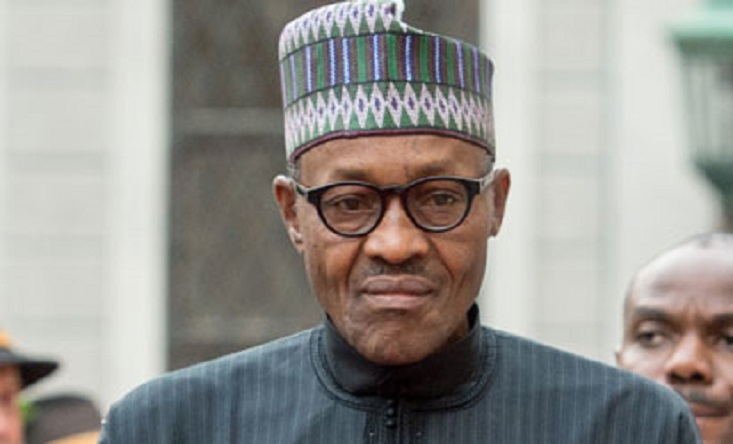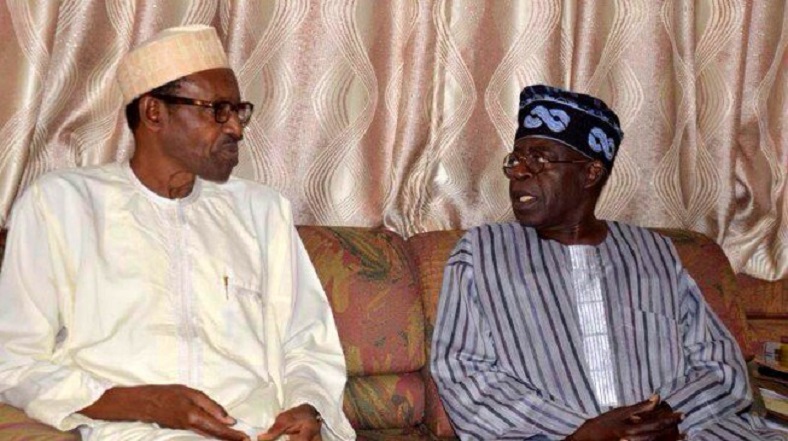Corruption as defined separately by World Bank, Transparency International and Danish International Development Agency refers to the misuse of entrusted funds, abuse of power and public office for private gain. Wikipedia describes it as “a form of dishonest or unethical conduct by a person entrusted with a position of authority, often to acquire personal benefit.”
Corruption is everywhere. There is no country in the world where corruption does not exist. The causes, perception and tendency to engage in corrupt practices only varies from one country to another as seen in the Corruption Perceptions Index, usually issued by the international anti-corruption organization, Transparency International (TI). For instance, Nigeria ranked 136th least corrupt country in 2015 out of 168 countries surveyed by TI. It was rated 136th out of 175 in 2014, 144th in 2013 out of 177, 139th out of 176 in 2012, and 143rd in 2011 out of 183 countries.
The 2015 rating showed Denmark topping the perceptions index as the least corrupt country in the world for the second consecutive year, while North Korea and Somalia remained at the bottom as the most corrupt nations of the world. It is expected that Nigeria’s rating will be improve as a result of President Muhammadu Buhari’s current war against corruption, where some prominent Nigerians are being investigated in the $2.1 billion arms deal scandal and other ongoing probes to recover looted funds.
The scale of corruption in Nigeria has been so high. It is the greatest of all the factors responsible for our backwardness and retardation in terms of socio-economic growth. Despite the gigantic God-given human and natural resources available to us as a nation, we have remained a crawling, stunted giant after over 56 years of Independence – no thanks to corruption.
This hydra-headed monster and cankerworm that has eaten deep into the fabrics of our society brought us to the level we are today where poverty, hunger and starvation have taken a terrible toll on the Nigerian populace. The magnitude of the damage done to our dear country through corruption is quite unimaginable and mind-boggling. Over 80% of funds from oil revenue which accounts for about 90% of the value of our exports had always found their way into the pockets of just 1% of the country’s population. This was as revealed at the 2012 Annual General Meeting, AGM, of Nigerian Bar Association (NBA), by a former Minister of education and one-time Vice President of the World Bank for Africa, Dr. Oby Ezekwesili. According to her, “an estimated $400 billion of the country’s oil revenue has been stolen or misspent since the country’s independence in 1960.”
An independent investigative analysis done by the Natural Resource Governance Institute (NRGI) last year, showed that over N6.4 trillion oil revenue was lost to massive corruption that characterized oil sales by Nigerian National Petroleum Corporation, NNPC, between 2011 and 2013. The latest audit report of Nigeria’s oil and gas industry carried out by the Nigeria Extractive Industries Transparency Initiative, (NEITI), made further revelations on how N11.4 trillion earned as revenue from crude oil sales, taxes, royalties and other incomes in 2013 was not properly accounted for.
At the beginning of his “national sensitization campaign”, meant to implore Nigerians to join the fight against corruption in the country, the Minister of Information and Culture, Alhaji Lai Mohammed, disclosed that we lost over N1.34 trillion to only 55 Nigerians through corrupt practices between 2006 and 2013. Some have argued that the monumental havoc wrecked on the Nigerian people by this enemy of progress and development called corruption is unquantifiable.
No nation can attain greatness, no matter the enormous resources at its disposal, if corruption is accepted as a culture by the people and allowed to go on freely without the needed resistance to curtail it. Joe Biden, America’s outgoing Vice President had once said that “Fighting corruption is not just good governance. It’s self-defense. It’s patriotism.” And so, it is important that we put aside sentiment of any kind, to support the present administration of President Buhari, in its effort to reduce to the barest minimum this terrible menace that has crippled and rendered the economy of the supposed giant of Africa comatose.
When we keep reading mean to every step taken by the government of the day in its anti-corruption war, it will be difficult for us to succeed in winning the battle to kill this monster which is obviously the biggest challenge facing Nigeria. When people are called upon to answer questions in respect of their alleged involvement in an act of corruption, we should not be quick to see it as witch-hunting. Otherwise, we will only be giving the impression that we don’t give a damn about the serious negative consequences corruption have had on our nation’s development.
A report presented to the Federal government in February this year captioned “Impact of corruption on Nigeria’s economy” and put together by a top international professional services firm, PricewaterhouseCooper (PwC), indicated that “Corruption has a dynamic impact, which is felt more by poorer households and smaller firms with a long run negative impact on growth, primarily through reduction in human capital and investment. And the damage that corruption does is widely felt across the economy… Corruption is associated with lower average standards of living, education levels and greater income inequality.”
According to Dr. Andrew S. Nevin, chief economist and a partner at PwC Nigeria who co-authored the said report, “Our results show that corruption in Nigeria could cost up to 37% of GDP by 2030 if it’s not dealt with immediately. This equates to around US$1,000 per person in 2014 and nearly $2,000 per person by 2030. But if Nigeria can tackle corruption to bring it down to levels seen in similar resource-rich countries, it could increase its GDP by $534bn in 2030. The boost in average income that we estimate, given the current per capita income, could significantly improve the lives of many in Nigeria, should efforts to tackle corruption succeed. The challenges for the government are substantial but the potential benefits of tackling corruption are too great to ignore.”
It is therefore left for us to decide whether we want to allow this monster to continue to rare its ugly head and further ruin our country and deny us of our collective heritage. Or, we want it dismantled to a greater extent so as to pave way for the overall development of the various sectors of our economy. I would think that supporting the current war against corruption as being championed by President Buhari would do us a lot of good as a people, regardless of our religious, ethnic and political affiliations. We should work with him in his determination to ensure that it just can’t be business as usual.
It is however gratifying that a good number of Nigerians have continued to throw their weight behind the President in this war. Many have hailed him for his political will, courage and commitment to fight corruption. Even members of the international community have given a nod of support to the President. John Kerry, America’s outgoing Secretary of State, Nick Hurd, the immediate past United Kingdom’s Minister of International Development and Lin Songtian, the Director-General of African Department of China’s Ministry of Foreign Affairs, at different times applauded Buhari and declared the support of their countries for his campaign to curb corruption in Nigeria.
Governor of Abia State, Dr. Okezie Ikpeazu, a member of the opposition Peoples Democratic Party (PDP) had in a press release signed by his Chief Press Secretary, Enyinnaya Appolos, said he will continue to support the anti-corruption fight of Buhari’s administration, as according to him, corruption, wherever found, was antithetical to peace and development of the people.
Another PDP chieftain and a member of the National Assembly, representing Egor/Ikpoba-Okha Federal Constituency of Edo in the House of Representatives, Mr. Ehiozuwa Agbonayinma, recently urged Nigerians to support Buhari’s fight against corruption. Stressing that the wish of every patriotic Nigerian should be for the war to succeed, he said: “Anybody that does not want to support the fight against corruption does not mean well for the country… People in the petroleum sector who constituted themselves as cabal robbing the country of big income must be pursued and fished (out) and prosecuted.” The PDP stalwart added that “Nigerians should not see the ongoing clampdown against alleged corrupt judicial officers as witch hunt.”
The immediate past General Secretary of NBA, Barrister Mazi Afam Osigwe, had also in a recent interview stressed the need for all hands to be on deck to support the crusade against corruption. In his words: “Corruption adds to the cost of doing business. Corruption has led to so many deaths. Corruption has led to the dearth of infrastructure we have because people simply pocket the money and work away. If we don’t fight it, there may not be a good tomorrow for our children. But there must also be transparency. Recovered loot must be accounted for and paid into the federal government treasury. The mode of fighting it must be lawful. People must not be unnecessarily demonized or destroyed in public, only for the affected agencies not to prosecute them or find out that they are innocent.”
Michael Jegede, a journalist and public affairs commentator writes from Abuja



